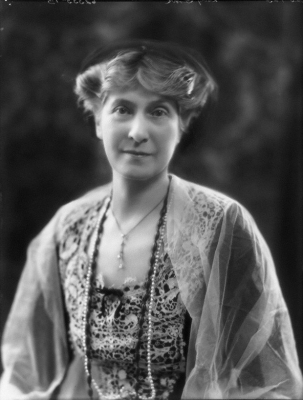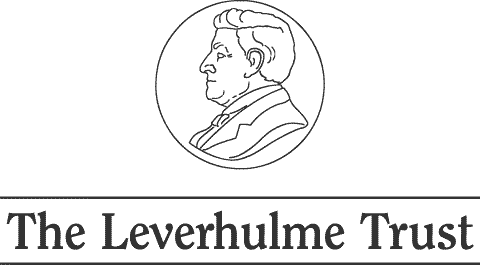Agnes was Pitt-Rivers' third and youngest daughter. She was born on 25 July 1863.
Unusually for her class and gender she had a secondary education at a private school, Oxford High School (it is not recorded if her two elder sisters also attended the school). She boarded at the school and left on 19 December 1879 when she was sixteen. At this school she would have obtained quite an academic education.
In 1881, at the age of eighteen, she met Walter John Grove (1852-1932) who was then in his late twenties. He was the son of Thomas Fraser Grove, first baronet of Ferne. They married on 20 July 1882 and had five children. In 1897 Walter succeeded to the baronetcy and inherited numerous family properties.
Agnes is known to have kept diaries from the time she left school in 1879 until her death in 1926. As her DNB entry says:
Largely a form of recording the day's events and often written in shorthand code, the diaries provide insight into the life and preoccupations of a woman involved in reform causes of the 1890s. From 1892 she became active in the women's suffrage movement, using her talents as an essayist to write pieces on the issue for periodicals that included the Cornhill Magazine and the Fortnightly Review. She also used her position as a married aristocrat to speak publicly at suffrage meetings.
She obviously spent quite a lot of her time, even after marriage, at Rushmore as it is during a visit in 1895 that she met Thomas Hardy and made a great impression on him as is related here.
The Grove family was Radical in its politics and Walter’s father Sir Thomas Grove was a Liberal MP. Agnes herself was a devoted Liberal and meet Gladstone in 1887. She was active in the woman’s suffrage movement and also campaigned against vivisection and vaccination (she was taken to court and fined in 1905 for failing to have her son vaccinated without registering a conscientious objection) and wrote her book The Human Woman in support of female suffrage.
She published four books 71 Days Camping in Morocco (1902), The Social Fetich [sic] (1907), The Human Woman (1908) and On Fads (1910).
See here for Rachel McGoff's more detailed account of her life
This account is mostly taken from the Dictionary of National Biography account, written by Beverley E. Schneller and Rachel McGoff's more detailed account of her life here



